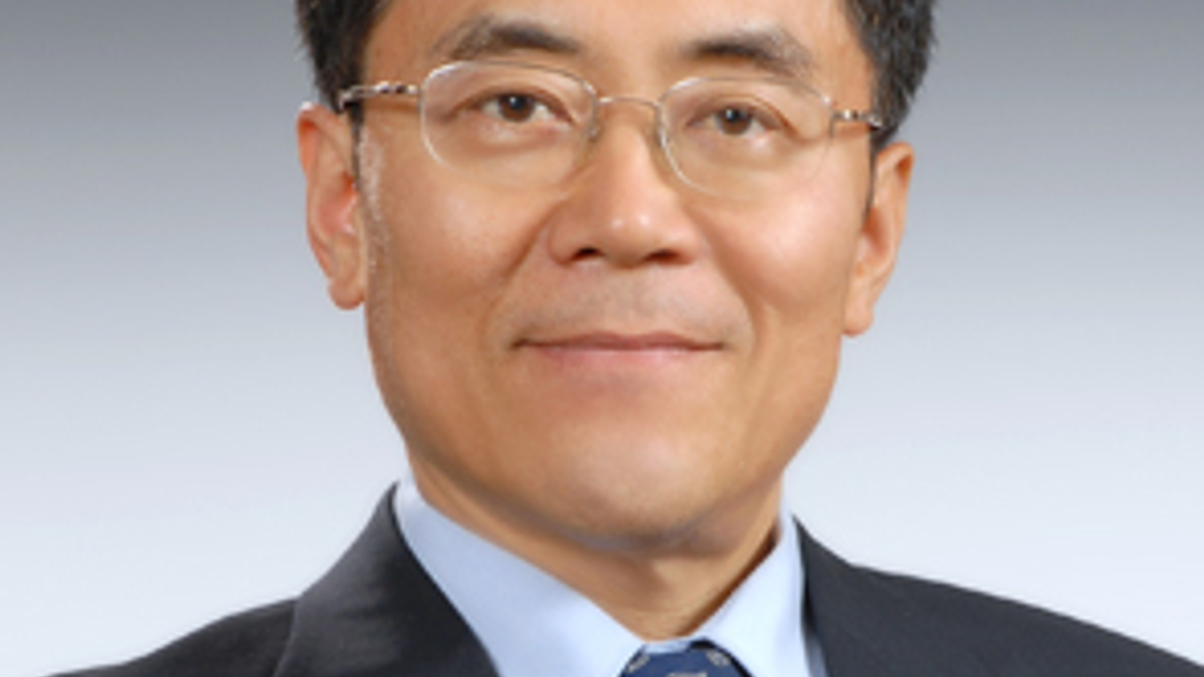Bank of Korea holding out for QFII quota
The central bank is hoping to invest in Chinese securities as early as the first half of this year after becoming the first of three Korean government entities to receive a QFII licence.

Bank of Korea says it hopes to invest in onshore Chinese securities as early as the first half of this year after it became the first of three Korean government entities to receive a QFII permit within a month.
Sign in to read on!
Registered users get 2 free articles in 30 days.
Subscribers have full unlimited access to AsianInvestor
Not signed up? New users get 2 free articles per month, plus a 7-day unlimited free trial.
¬ Haymarket Media Limited. All rights reserved.


